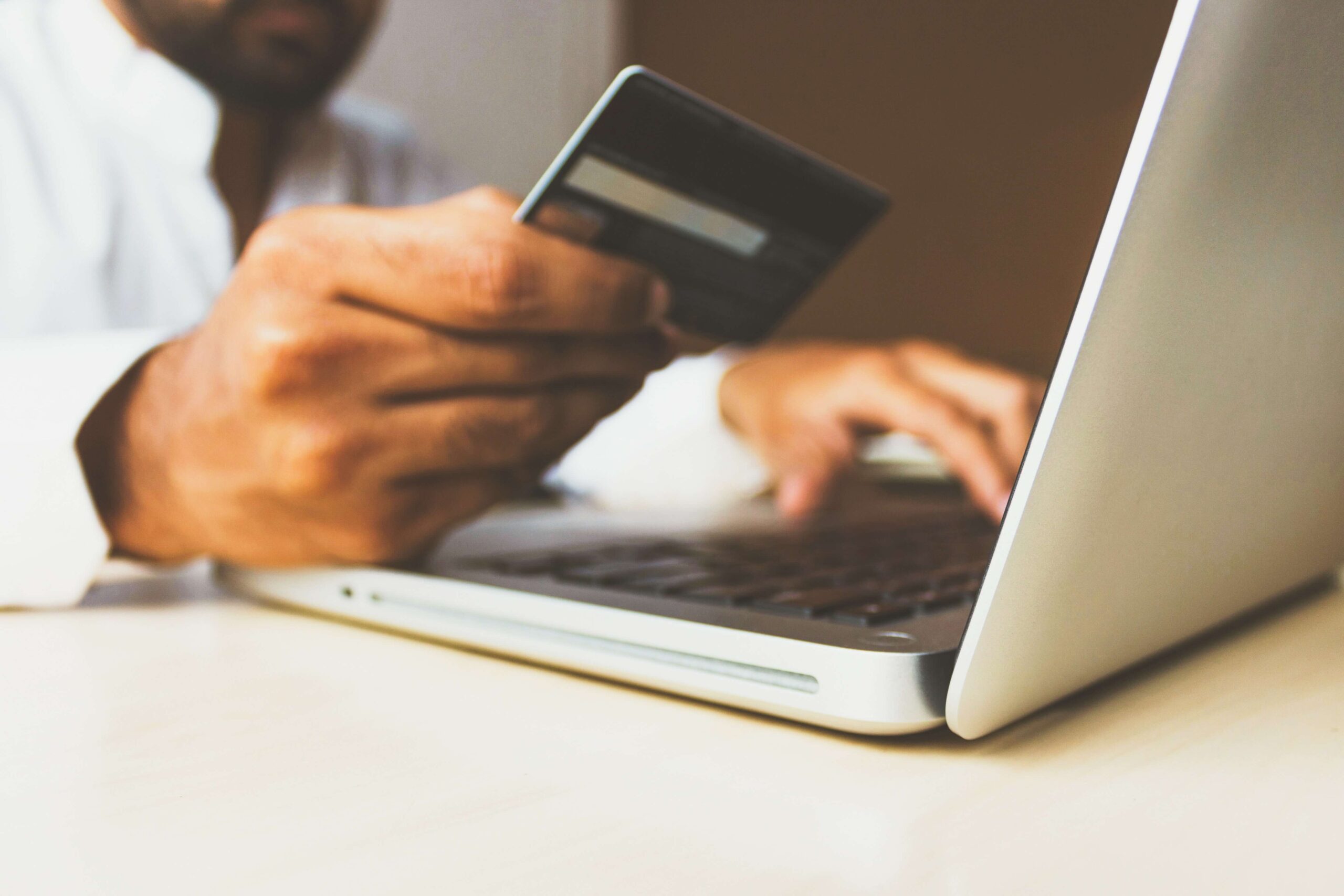GDP has been featured heavily in the news of late, with January seeing the IMF update its forecast regarding the UK’s economic growth through 2023. Despite the UK avoiding a recession through Q4 2022, the IMF has predicted that the region’s economy will contract by 0.6% this year. This will make the UK the poorest performer among all G7 nations, while it highlights the challenges facing the economy as negative GDP growth persists. Given that there’s light at the end of the tunnel, however, it’s worth pondering whether ecommerce growth could have a positive impact on the UK’s GDP in 2023? We’ll explore this in the article below.

What is GDP?
The term ‘GDP’ stands for Gross Domestic Product, with this figure tracking a region’s economic output and the aggregate value of its goods and services sold.
When answering the question ‘what is GDP?’, it’s interesting to note that this monetary measure of total economic value is tracked over a specific period of time.
For example, GDP figures may be released on a quarterly basis, although they’re most commonly published over the course of a year.
Typically, GDP figures comprise information from the services, construction and production sectors, while consumer spending within these markets is also a key consideration.
Ecommerce Spending as a Percentage of GDP
Ecommerce is an increasingly influential economic driver in the UK, with this region considered to be the fourth largest global market of its type.
In fact, ecommerce is predicted to generate revenue of $176.443 billion by the end of 2023, before growing at a CAGR of 8.4% between now and 2027.
Because of this, ecommerce spending as a percentage of GDP is an increasingly quoted metric, and one that defines consumer spending through online stores as a percentage of GDP in regions like the UK.
From a global perspective, ecommerce spending as a percentage of GDP reached a value of 2.3% in 2020, following the spike in online sales that emerged as a result of the coronavirus pandemic.
Clothing, electricals, food and grocery, health and beauty and home segments are among the most generative ecommerce markets, while market leading entities such as Amazon, Argos, Tesco and eBay derive income across a broad range of products and industries.
How Ecommerce Can Lead the UK Recovery
Tech and innovation is always linked to driving long-term economic recoveries, with this borne out by the rise of online lenders in the wake of the great recession.
Remote and hybrid working have also become popular since the coronavirus pandemic, but ecommerce has remained a consistent tech trend and economic engine over the course of the last two decades or more.
Certainly, the ecommerce market in the UK remains one of the most developed and prolific in the world, with some 24,000 online stores and hubs having been launched on these shores in 2021 alone.
Unsurprisingly, London topped the board in terms of being home to the most ecommerce startups in the UK, followed closely by second city Birmingham, Manchester and Liverpool.
This trend is clearly set to continue in the near-term at least, with the UK’s ecommerce sector growing incrementally as it benefits from increased and sustained demand.
In this respect, it will become and increasingly influential drive of economic and GDP growth, as more people shop online and leverage the Internet to compare prices in real-time.
Remember, inflation remains in double digits at 10.1% in the UK, but it’s the online and ecommerce marketplaces that continue to drive the most generous price savings to consumers due the level of competition that exists online.
The Last Word
Ultimately, there’s no doubt that ecommerce is a key driver of global economic and GDP growth, with this trend particularly prevalent in the UK. It may even help the UK to recover than expected this year, and potentially avoid the looming technical recession as 2023 progresses.

